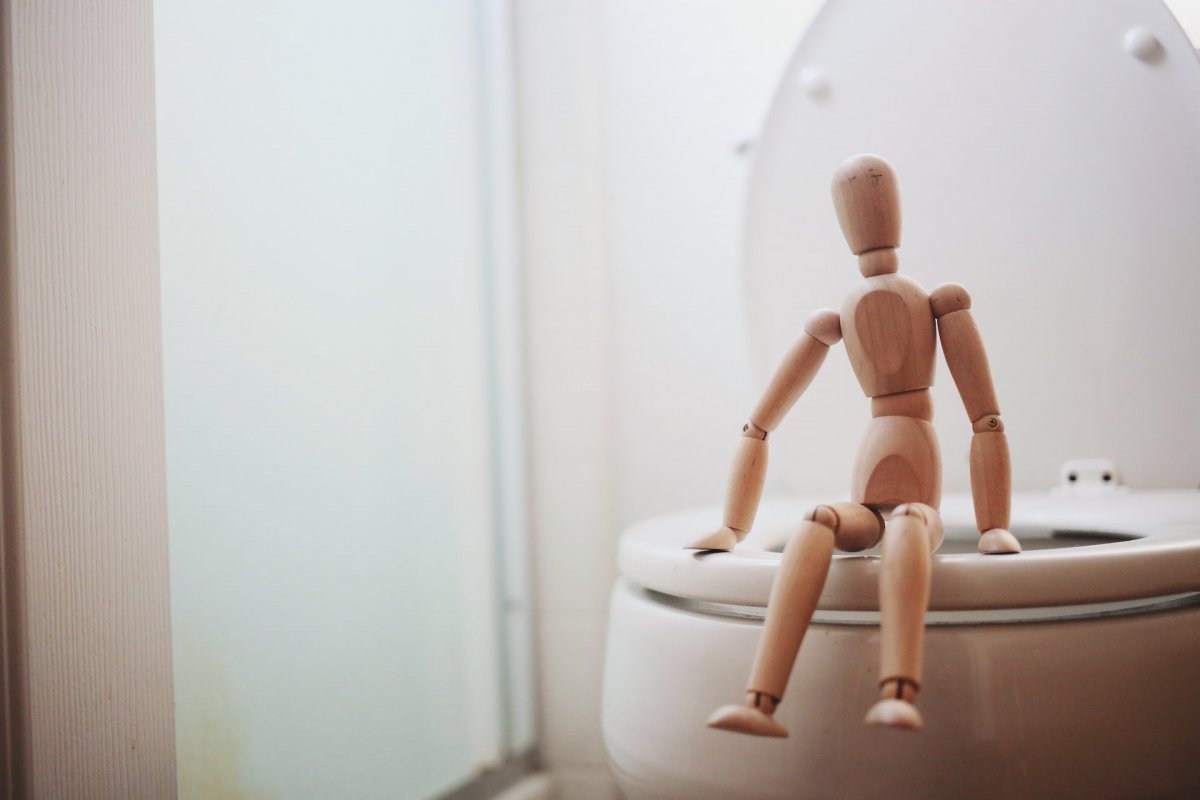
There are several health-related reasons why you should think twice before taking your phone with you to the bathroom.
Since smartphones have become popular, it is not uncommon for people to take their mobile phone with them when they go to the toilet. More than half of us are guilty of this habit, and 57% of people admit to using their device in the toilet.
While this may seem like the perfect time to get messages, health experts warn that it may not be great. good.
Staying on the toilet longer than necessary can increase the risk of hemorrhoids.
“Hemorrhoids are a collection of veins in and outside the anus. Everyone has hemorrhoids. We are born with it. When you sit and strain, hemorrhoids can fill with blood, causing symptoms such as pain, swelling, or bleeding.” If after a couple of minutes in the toilet there is no bowel movement, do not force it. Instead, get up and go do something else. When you want to go again, you can go back to the toilet,” says gastroenterologist Alexandra Alisova, especially for MedikForum.
Russians are unhappy with the quality of communication
Symptoms of hemorrhoids can include:
- Bright red blood after pooping
- Anus itching
- Feeling like you still need to poop after going to the toilet
- Mucus on underwear or on toilet paper after wiping the buttocks.
- Lumps around the anus
- Pain around the anus.
If you have hemorrhoids, your pharmacist can recommend creams to use.
Doctors told why it's dangerous to sit on the toilet with a smartphone Potential hemorrhoids aren't the only reason you shouldn't take your phone to the toilet.
Bacteria can contaminate your device and then transfer germs to your hands.
“Study finds mobile phones owned by high school students , contain “high levels” of bacteria, including E. coli and other microbes. E. coli can cause diarrhea, stomach cramps and fever, as well as bloody diarrhea.
Important! Information provided for reference purposes . Ask a specialist about contraindications and side effects and under no circumstances self-medicate. At the first sign of illness, consult a doctor.
